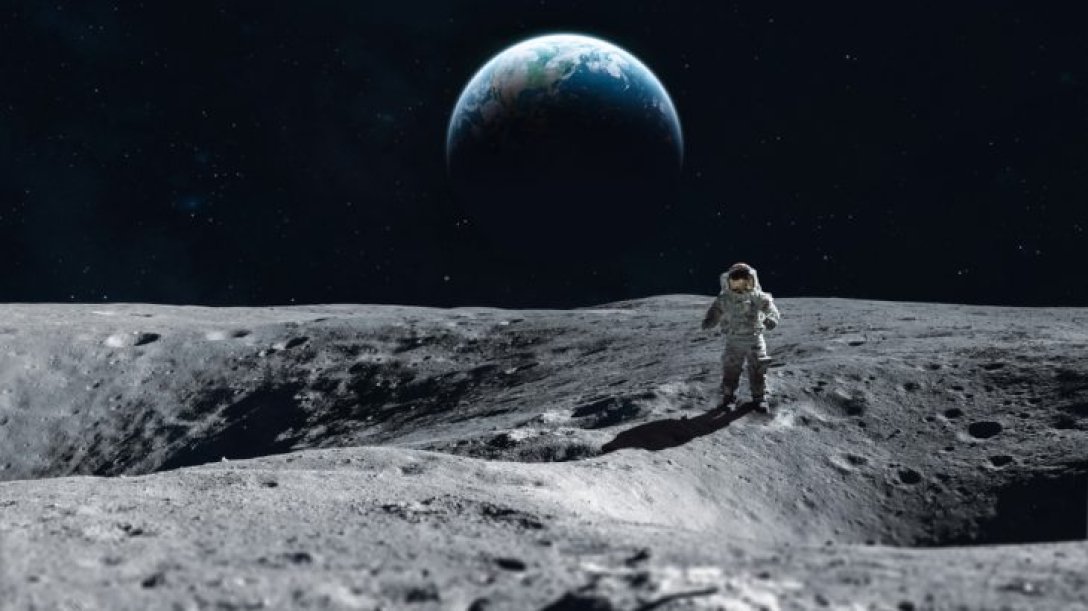A peculiar transformation: what happens to the body of a person who dies on the Moon?
Most people are aware of what happens to the human body when it dies on Earth. But what occurs to a person’s body after death on the Moon or during the journey to the Earth’s satellite? This is discussed by IFLScience.
While the death of an astronaut in space is an extraordinary event that has never occurred, NASA has a specific plan for such a situation. If an astronaut dies during a spacewalk, other crew members on the spacecraft and space station must move the body into the airlock. The body must remain in a sealed spacesuit on the spacecraft, as it will begin to decompose rapidly, leading to a very unpleasant odor.
On board the International Space Station (ISS), according to the plan, the deceased astronaut's body should be moved to a cold storage area for preservation. After that, the body, depending on the deceased's wishes, can either be transported back to Earth or incinerated in the atmosphere along with an unnecessary cargo spacecraft.
Currently, NASA does not have a clear plan regarding the crew's actions on Mars or the Moon if one of the astronauts dies there. NASA scientists have suggested that in the event of an astronaut's death aboard a spacecraft heading to the Moon or Mars, the body should not be ejected into space. Instead, the corpse could be placed in a special bag held by a robotic manipulator outside the ship. The extremely low temperatures in outer space would cause the body to freeze. After that, the robotic manipulator could subject the bag containing the body to brief vibrations, which would lead to the disintegration of the body into small pieces. These remains could then be transported back to Earth for burial.
But what will happen to a person's body if they die on the surface of the Moon? Some scientists believe that the body will likely be cremated to eliminate any Earthly microbes that could contaminate the Moon. On the other hand, the body of the deceased could be buried on the Moon or simply left lying on the surface. It all depends on the specific situation at the location.

A body left on the Moon's surface will not decompose in the same way it would on Earth. For instance, if a person dies during the daytime on the Moon, bacteria will begin the normal decomposition process. However, this will not last long, as the water in the body will quickly evaporate in conditions similar to those of a vacuum.
Once night falls on the Moon, the body will freeze, and bacteria will cease the decomposition process if they haven't already stopped, considering the environmental conditions. As a result, the human body will begin to mummify.
Due to the absence of an atmosphere and magnetic field on the Moon, intense solar radiation will further degrade the corpse, although this process may take a long time. It is estimated that the bones of a deceased person could remain on the Moon's surface for several million years.
The sharp temperature fluctuations on the Moon will also affect the decomposition process. The temperature on the Earth’s satellite can drop to minus 170 degrees Celsius and rise to plus 120 degrees Celsius. Therefore, the corpse will alternate between freezing and thawing for an extended period.